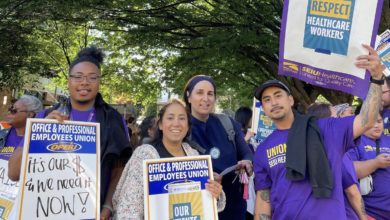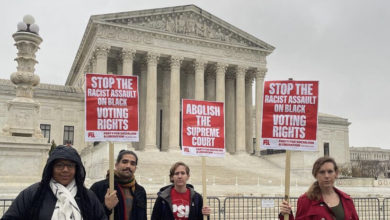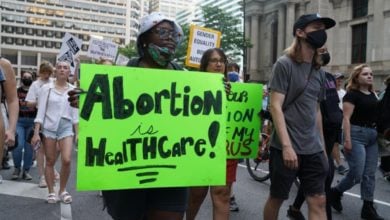Although the “blue wave” that Democrats called for in the November midterm elections will do little to improve the lives of working class people, the passage of Medicaid expansion in the “red states” of Idaho, Utah, and Nebraska was indeed a class victory. While the expansion in these states will provide thousands of disadvantaged citizens with free health coverage, a Montana bill that would have funded its expansion of Medicaid coverage past June 2019 failed to pass.
In a country where insurance companies pick and choose who gets what medical care, Medicaid, or government-subsidized medical care that assists low-income people, lessens the burden of medical costs. In Montana, this means that ending of Medicaid expansion will cost many not only their livelihoods, but also their lives.
Montana’s looming mental health crisis
Similar to other sparsely populated, rural states, Montana is experiencing a mental health crisis that will only worsen as affordable medical coverage becomes harder to access. In 2016, Montana had an average of 25.9 suicides for every 100,000 residents. According to the Centers for Disease Control and Prevention, this is nearly double the national average, and it is only getting worse. Frederick Lee, a Montana resident who lost both his 13-year old son and his ex-wife to suicide, told reporters that “When it comes to depression and suicide in our community, it’s out of control.”
Many factors such as a culture of stigma against asking for help, a lack of daylight, and a strong gun culture may contribute to Montana’s suicide crisis, but the lack of available medical care is a leading factor. Even though Montana is sparsely populated (just over a million people), it lacks a quarter of the mental healthcare providers needed to serve residents. Along with a lack of mental health professionals, last year Montana’s Republican-led legislature and Democratic governor worked together to make cuts to the state’s health department and to mental health funding. Due to these cuts, 100 mental health professionals lost their jobs, and 10 rural healthcare programs closed because they couldn’t afford to pay employees. Preventing access to healthcare is a bipartisan decision in Montana.
Why Medicaid expansion failed
With so many lives touched by the healthcare crisis in the state, many are left wondering why the continuation of Medicaid expansion failed. Democrats in the state, such as Governor Steve Bullock, blame the $17 million dollars that tobacco companies poured into the anti-extension campaign (the money would have come from a tax on tobacco products) and look to private prison expansions to fund healthcare. Republicans who opposed the ballot initiative said they wanted a “middle-ground solution” that would include a tougher work requirement for low income residents who qualify and a means test, so those who have “significant assets” wouldn’t qualify.
In other words, while state Republicans look for any reason to end Medicaid expansion, the Democratic governor is no better—Bullock’s prison expansion plan shows just how out of touch he is with the crisis. A lack of investment in healthcare corresponds with higher adult incarceration rates as people with mental health issues are imprisoned instead of treated.
Medical care cannot wait
Montana residents can’t wait for its legislators and governor to act. Politicians victimize the poor and exclude citizens from healthcare access through either a lack of funding or ridiculous qualifying rules. Working people are the ones who suffer. The current status quo that provides health insurance and healthcare only to those who can afford it is a calculated assault on the working class and a victory for the healthcare, pharmaceutical, and insurance industries.
As the U.S. continues to gut Medicaid to fund tax cuts for the rich, more people will go uninsured. Until healthcare is viewed as a human right and not a profit-making scheme, the millions who rely or will rely on Medicaid at some point in their lives will continue to live precariously. We demand a new system that will function for the benefit and care of all people, not just a wealthy few.






